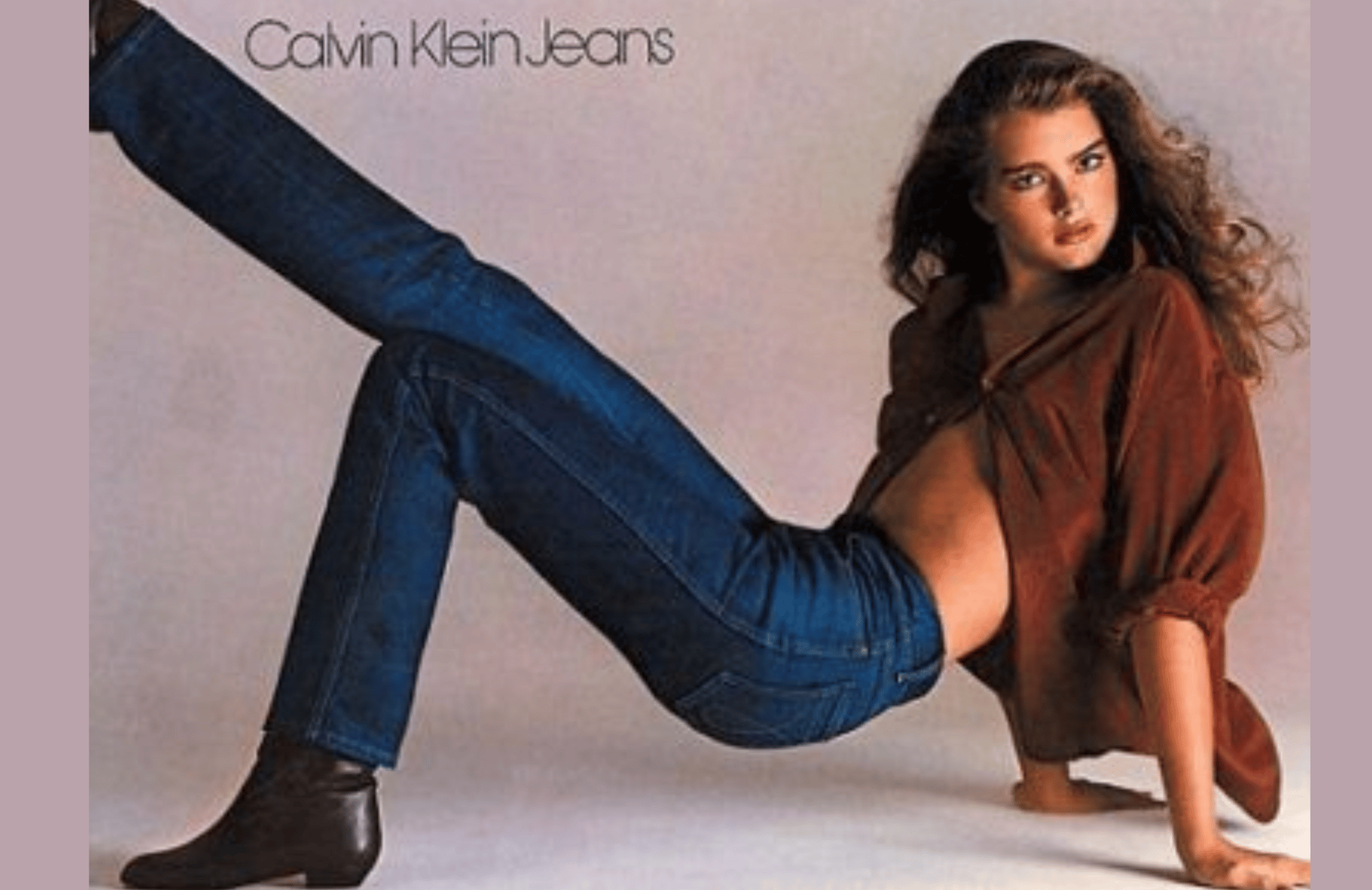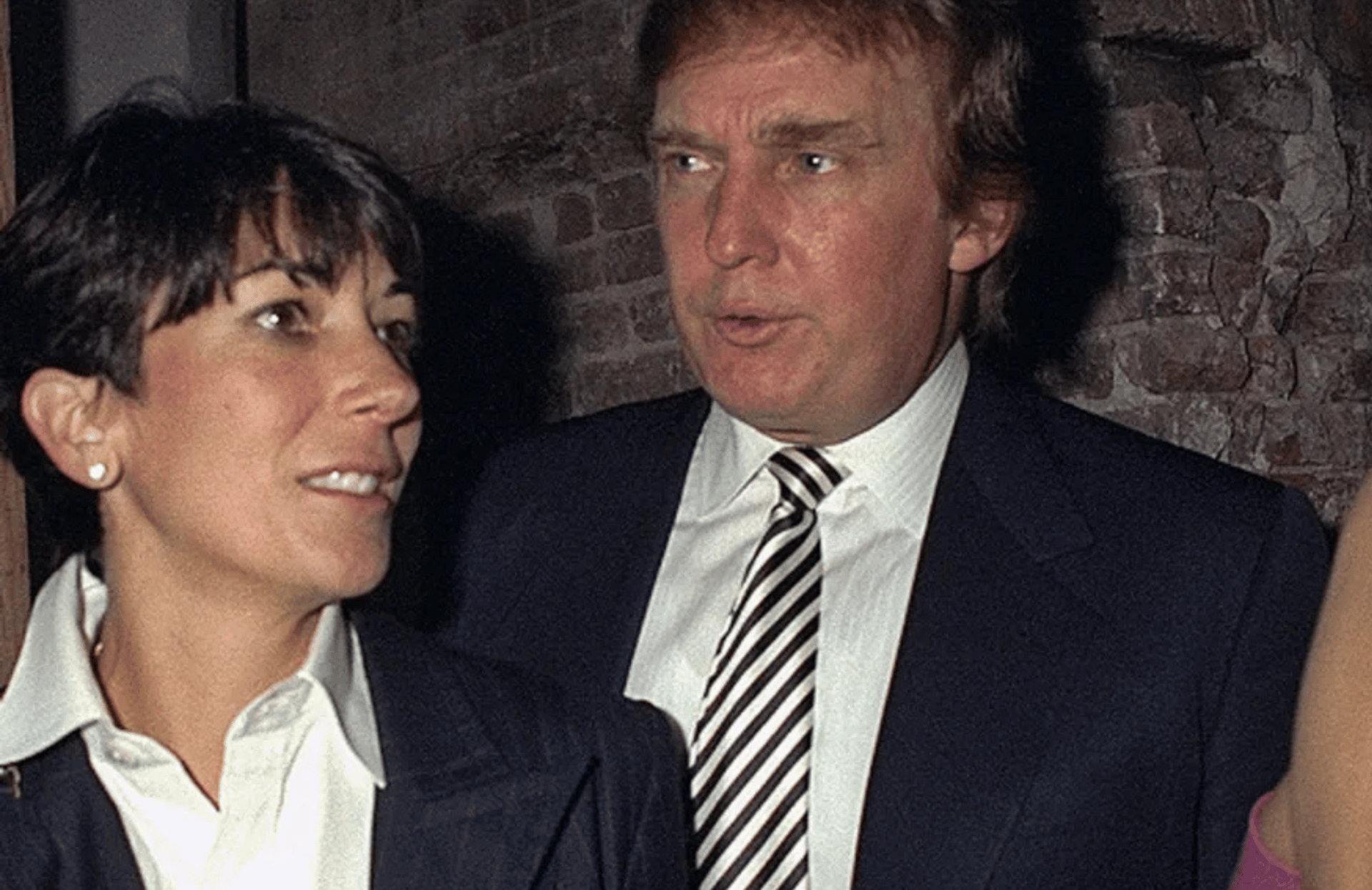- The Money Trails
- Posts
- How Sydney Sweeney is Making American Capitalism Great Again
How Sydney Sweeney is Making American Capitalism Great Again
When politics got too loud and purpose got too boring, brands turned back to what always sold: fantasy

 |  |  |
What’s in This Week’s Issue…
Good morning. For four years, corporate America tried to sell you virtue: inclusive campaigns, corporate apologies, and rainbow logos in June.
But that era is ending. Post-woke America isn’t trying to be moral anymore. It wants to be magnetic.
And right now, nothing is more magnetic than Sydney Sweeney.
Her face is on billboards, her ads are going viral, and the companies she touches are exploding in value.
But this isn't about just another celebrity brand deal. It’s a reset of how American capitalism markets power, sex, and identity.
So this week…
🏆 The Big Play: Why Sydney Sweeney became the ultimate symbol of post-woke American capitalism
💪 The Power Move: How brands, capital, and culture are shifting back to old instincts with new weapons
💵 Follow the Money: Who is after Ghislaine Maxwell’s Life in Prison?
-GEN
🏆 The Big Play
The biggest money power story of the week.
How Sydney Sweeney Became the Poster Girl of Post-Woke Capitalism

An American Eagle billboard
When Dr. Squatch announced Sydney Sweeney as its brand ambassador in October 2024, people raised eyebrows. She was mostly known for playing hyper-sexualized roles on shows like Euphoria and The White Lotus.
What did she have to do with organic soap?
But within months, the company’s ad campaigns went viral, sales exploded, and in June 2025, Unilever acquired Dr. Squatch for $1.5 billion.
Then came the American Eagle campaign. Sweeney wasn’t styled like a progressive icon. She didn’t embody inclusivity. She wasn’t promoting empowerment. She just looked… hot.
That single ad sent American Eagle’s stock price up nearly 17% in a single day and $400 million in market value.
But Sweeney’s rise wasn’t just lucky timing. It was the perfect collision of three forces reshaping capitalism today:
1. Why Companies Are Desperate to Ditch Wokeness
Between 2020 and 2023, the corporate world wrapped itself in progressive imagery.
Companies scrambled to showcase diversity and pledged commitments to every cause from equity to sustainability.
But by 2024, the mood had turned:
Bud Light's campaign with Dylan Mulvaney triggered one of the worst sales collapses in recent brand history.
Target faced boycotts over its Pride merchandise and suffered more than a $10 billion market cap loss in less than two weeks.
The backlash wasn’t just from conservatives. Even average consumers were exhausted by moral messaging in ads.

Trans influencer Dylan Mulvaney announcing her partnership with Bud Light
And then came Trump. His re-election in 2024 didn’t just signal a political shift, it strengthened companies to pivot:
Instead of selling virtue, brands started selling vibes.
They moved away from collective morality and back toward personal magnetism, something raw, aspirational, and above all, not too political.
And Sydney Sweeney walked in at the exact moment the old model collapsed.
She didn’t moralize or pretend to represent a cause. She just sold a feeling.
And for brands trying to shed their progressive skin without backlash, that was the perfect formula.
2. The Return of the Sex Symbol in Advertising
For decades, sex was a go-to marketing tactic. From Calvin Klein’s 1980s ads with Brooke Shields to Abercrombie & Fitch’s controversial campaigns, desire was the currency of attention.

A 1980 Calvin Klein ad with Brooke Shields, who was 15 at the time
But after #MeToo and the wave of cultural reckoning around objectification, brands pulled back as sex became risky and identity became safer.
That’s what makes Sydney Sweeney’s rise so interesting:
She doesn’t avoid sexualization. In fact, she seems to be owning it.
Her image in American Eagle’s ad is a throwback: not subtle, not ironic, and far from “empowering” in the corporate sense.
And it’s a return to advertising’s oldest truth: attention follows sex, and sex sells power.
But what’s different is her brand. It is sexual without being scandalous, traditional without being regressive, and also feminine without being submissive.
In a consumer market that’s deeply fragmented and politically fatigued, that makes her the ultimate brand-safe risk.
3. How American Capitalism Always Finds Its Savior
When the economy feels shaky and culture feels fractured, capitalism does what it always does: It looks for a symbol that can unify attention and convert it into transactions.
What makes Sydney Sweeney’s moment so potent is that she represents escape:
Escape from the culture wars. From moral fatigue, DEI pledges, identity politics, and outrage.
She’s not trying to fix anything. She’s just offering a vibe that feels good again.
And in doing so, she gives corporate America what it craves most: a license to feel, not a command to believe.
This is why American Eagle’s stock price soared, why Dr. Squatch saw its valuation skyrocket before the acquisition, and why every brand is now trying to find their version of her.
Because in the end, capitalism doesn’t care what side you’re on. It just wants to know what sells.
And right now, nothing sells like Sydney Sweeney.
💪 The Power Moves
Playbook for understanding the game of power.
The New Rules of Post-Woke Capitalism

Companies are abandoning DEI
For four years, corporate America chased applause: ESG scores, DEI pledges, and purpose-driven marketing.
But applause doesn’t scale. Fantasy does.
And Sydney Sweeney proved what Wall Street already suspected: The future of American capitalism isn’t about statements. It’s about instinct.
But here’s the twist. This isn’t a return to the 1980s. It’s something new.
Back then, sex symbols sold jeans. Now, they train models, influence algorithms, and rewire entire brand playbooks.
So if you're building a product, a platform, or just looking to enhance your personality, here's your takeaway:
The Takeaway:
To win the modern attention economy, you don’t have to play the old moral games.
You have to evoke a feeling that the system can’t look away from.
Because in the new economy of desire, the real currency isn’t virtue. It’s virality.
And the real algorithm isn’t AI. It’s the one running inside us.
💵 Following the Money
Three of the wildest financial and corruption stories from around the world.

Trump with Ghislaine Maxwell, Epstein’s aide
✨ Poll time!
Who do you think won the branding war in America? |


